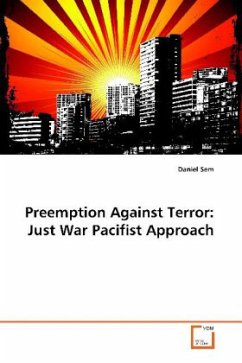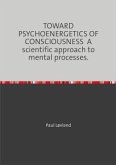A sober reflection upon the tragedy of September 11,
2001 attacks on the United States and the latter''s
war on terrorism raises some moral and ethical
concerns about war. The questions, how and when pre-
emptive strikes against terrorism can be justified
and to what extent is the war against terror
different from terrorism itself remain crucial in
this book.
The reviewed literature shows that terrorism is
explained by the excessive use of self-defense wars
evoked by powerful nations mis/applying
International law and the Just war theory.
Confronting terrorism, therefore, requires a pro-
pacifist ethical framework that could narrow the
legitimacy of self-defense wars. Thus this book
proposes Moral Consistency as a required condition
for launching pre-emptive strikes with the aim of
reducing violent conflicts and to draw a substantial
distinction between reason and justification, and
between crime and criminal
justice.
2001 attacks on the United States and the latter''s
war on terrorism raises some moral and ethical
concerns about war. The questions, how and when pre-
emptive strikes against terrorism can be justified
and to what extent is the war against terror
different from terrorism itself remain crucial in
this book.
The reviewed literature shows that terrorism is
explained by the excessive use of self-defense wars
evoked by powerful nations mis/applying
International law and the Just war theory.
Confronting terrorism, therefore, requires a pro-
pacifist ethical framework that could narrow the
legitimacy of self-defense wars. Thus this book
proposes Moral Consistency as a required condition
for launching pre-emptive strikes with the aim of
reducing violent conflicts and to draw a substantial
distinction between reason and justification, and
between crime and criminal
justice.








